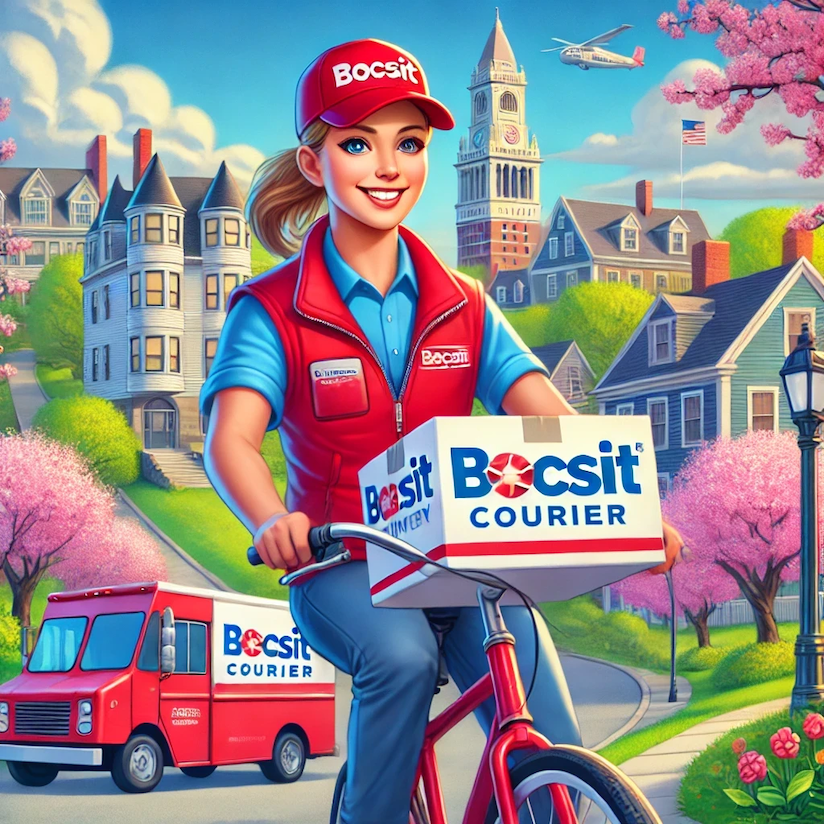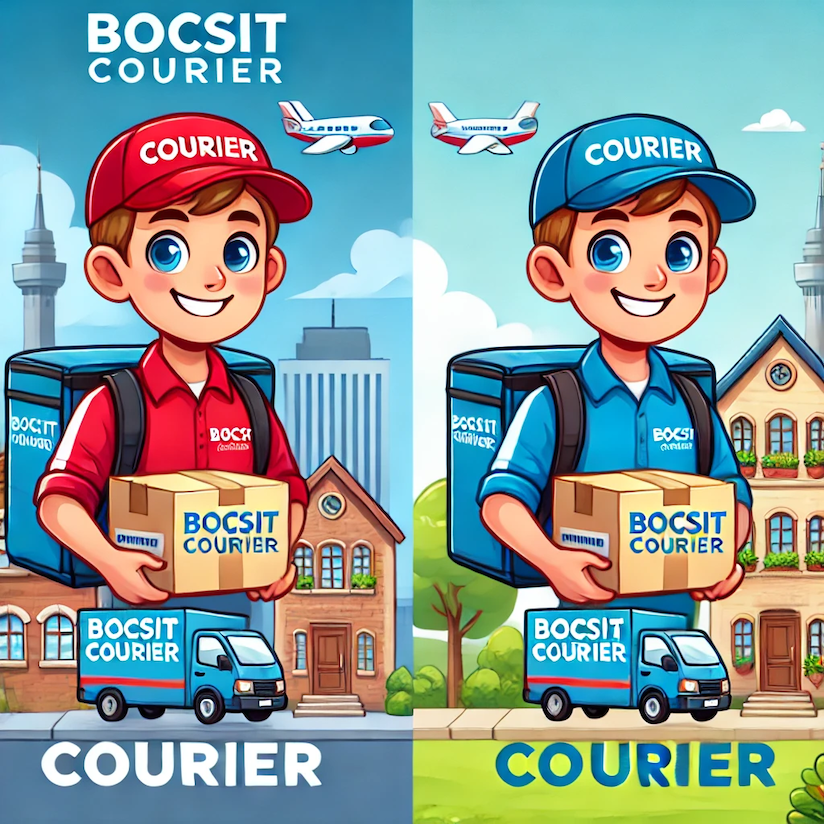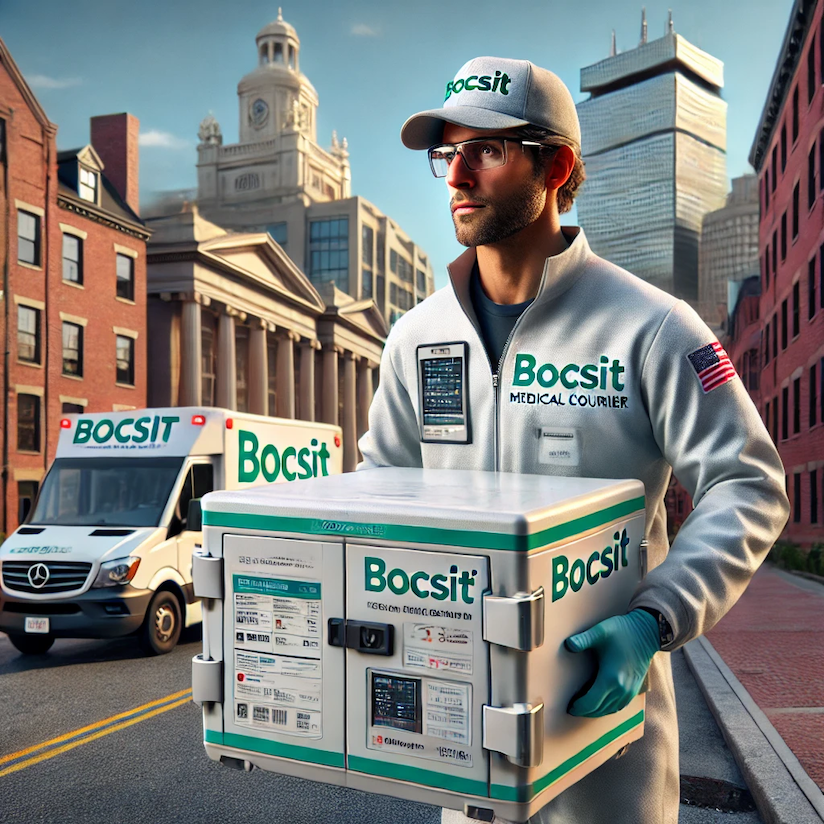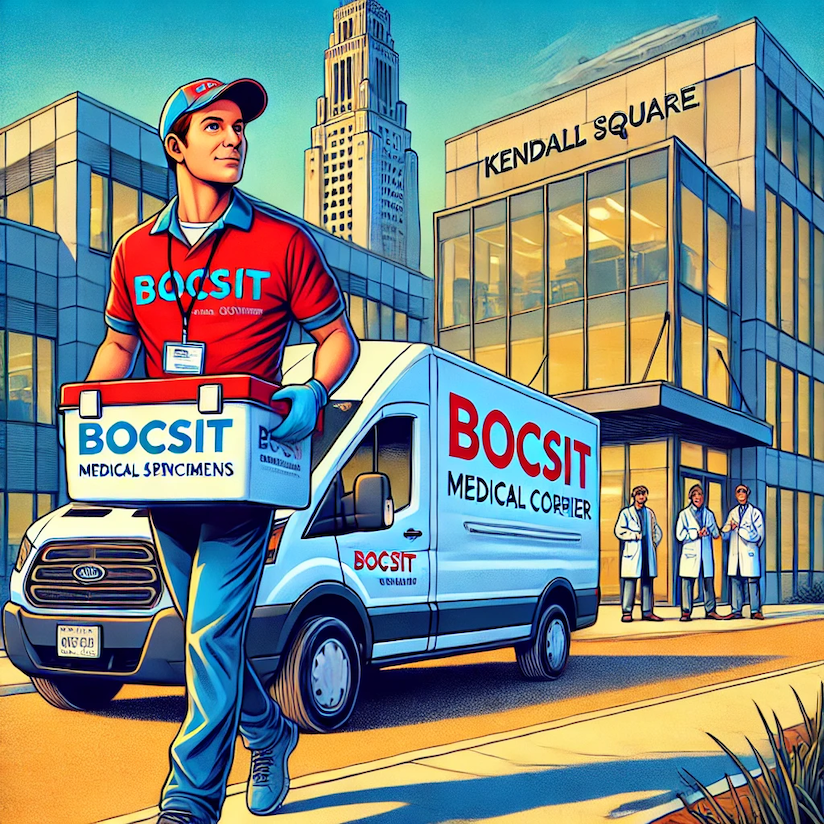The Importance of Cultural Competence in Medical Courier Services

In the constantly evolving field of healthcare logistics, where medical supplies are transported across cultural and geographical boundaries, the significance of cultural competence in medical courier services cannot be overstated. It is of utmost importance to navigate diverse societies and respect cultural nuances to ensure seamless and respectful delivery of healthcare resources. In this blog post, we will delve into the vital importance of cultural competence in medical courier services and how it contributes to the overall success of the healthcare supply chain.
Understanding Cultural Competence
Cultural competence in medical courier services goes beyond language proficiency; it encompasses a deep understanding and respect for the diverse cultural backgrounds of both healthcare providers and recipients. It involves adapting communication styles, addressing cultural preferences, and navigating customs and traditions to ensure a positive and respectful experience for all involved.
The Impact of Cultural Competence in Medical Courier Services
1. Effective Communication:
Language barriers can hinder effective communication, leading to misunderstandings and potential errors. Cultural competence enables medical couriers to communicate clearly and respectfully, ensuring that vital information is conveyed accurately.
2. Respect for Cultural Practices:
Different cultures have unique practices, traditions, and beliefs regarding healthcare. Cultural competence allows medical couriers to navigate and respect these customs, fostering a sense of trust and cooperation with healthcare providers and recipients.
3. Adaptability to Customs and Regulations:
Cultural competence extends to an understanding of customs and regulations in different regions. This knowledge is crucial for navigating shipments, ensuring compliance with local laws, and expediting customs clearance processes.
Challenges in Cultural Competence
1. Diversity in Healthcare Practices:
Healthcare practices vary globally, and cultural competence requires an awareness of these differences. Medical couriers must be adaptable to diverse medical procedures, protocols, and expectations across different regions.
2. Navigating Religious Considerations:
Religious beliefs can significantly impact healthcare decisions and practices. Medical couriers must be sensitive to these considerations, understanding and respecting the role of religion in healthcare decision-making.
3. Cultural Sensitivity in Deliveries:
From the packaging of medical supplies to the timing of deliveries, cultural competence guides medical couriers in ensuring that deliveries align with cultural preferences and sensitivities, promoting a positive experience for all stakeholders.
Benefits of Culturally Competent Medical Courier Services
1. Enhanced Patient-Centered Care:
Cultural competence contributes to patient-centered care by acknowledging and respecting individual cultural backgrounds. This approach fosters trust between healthcare providers, patients, and medical couriers, leading to improved patient outcomes.
2. Global Collaboration and Partnerships:
Culturally competent medical courier services facilitate global collaboration and partnerships. By understanding and respecting the cultural diversity of healthcare providers, couriers contribute to the success of international healthcare initiatives.
3. Risk Mitigation:
Cultural competence reduces the risk of misunderstandings, delays, and potential legal issues related to customs and regulations. Couriers who are well-versed in cultural considerations can navigate challenges more effectively, ensuring the timely and secure delivery of medical supplies.
Training and Education
To ensure cultural competence in medical courier services, ongoing training and education are essential. Couriers should receive comprehensive training that includes cultural sensitivity, effective communication strategies, and an understanding of healthcare practices and customs in various regions.
In the interconnected world of healthcare logistics, cultural competence is not just a desirable trait but a fundamental necessity. Medical courier services that prioritize cultural competence contribute to the success of the healthcare supply chain by fostering positive relationships, respecting diversity, and ensuring the delivery of healthcare resources aligns with the cultural expectations of both providers and recipients. By recognizing and embracing cultural nuances, medical courier services can truly bridge borders, ensuring that healthcare reaches every corner of the globe with the respect and understanding it deserves.
If you're seeking a medical courier, BOCSIT is here to provide same-day delivery solutions for the medical industry and other sectors.


















